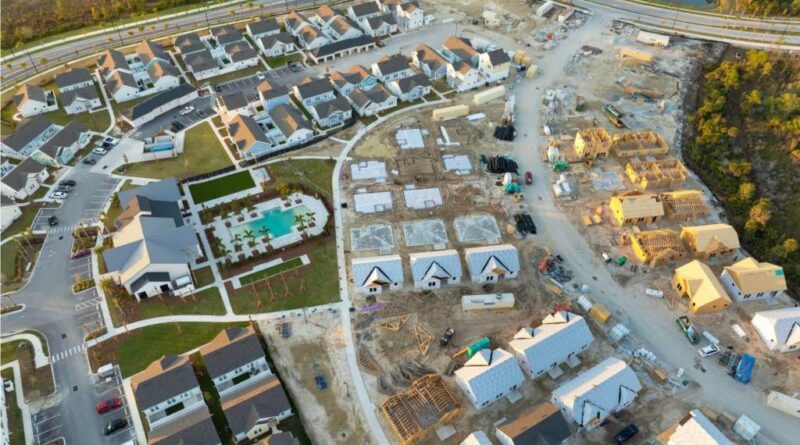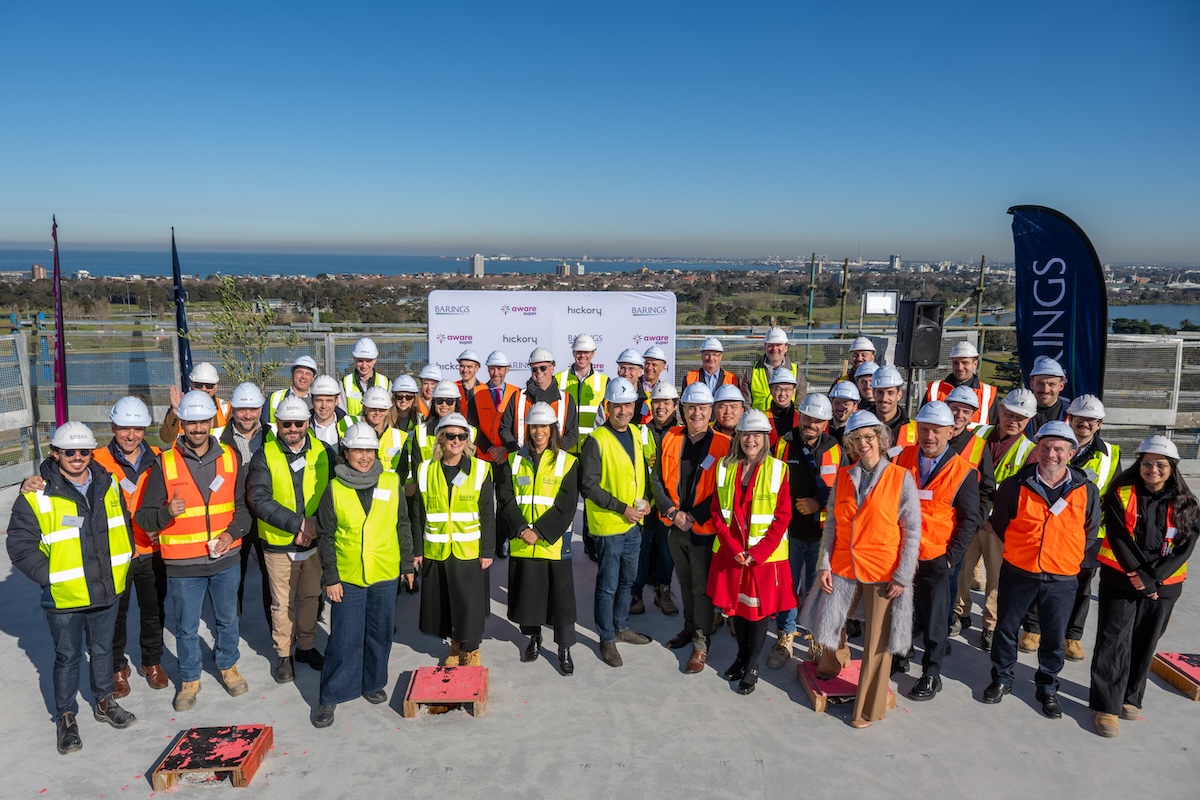US: The BTR sector in Florida has reached record heights in 2024, completing 39,000 rental homes, a 15.5 per cent increase from the previous year, according to a report by rentals platform Point2Homes.
These data suggest that there has been a 304.7 per cent increase in BTR units completed over the past five years, though the report also warns there might be a slowdown in this trend.
According to the study, Florida is now the second-largest state in the US for completed BTR housing units, trailing only Texas.
In 2023 alone, developers completed 5,379 BTR homes across the state, with another 7,792 currently under construction. 39,000 BTR rental homes were delivered last year in Florida – a 15.5 per cent increase from 2022.
Using data from analytics firm Yardi Matrix, the report defines BTR communities as developments where at least half of the units are either standalone homes or homes that share walls without having neighbours above or below. These communities often feature private garages with direct access.
Point2Homes attributes the growth of Florida’s BTR market to lifestyle changes spurred by the COVID-19 pandemic.
These changes include remote work, online schooling, and flexible living arrangements, which led to a surge in demand for rental properties that offered more space and privacy without the long-term commitment of homeownership.
Point2Homes analyst Andra Hopulele wrote in the report: “Since 2020, the way people live, work, and study has dramatically shifted, changing expectations around housing. That shift has directly fuelled the rise of single-family rental communities designed specifically for renters.”
Despite this explosive growth, the report warns that the BTR boom may slow in the coming years, partly due to mounting challenges for developers, such as escalating land, labour, and material costs, and rising construction debt.
These economic pressures, the threat of potential increases in tariffs and limited workforce availability, could make it more difficult to break ground on new projects in 2025 and 2026, the report says.
























